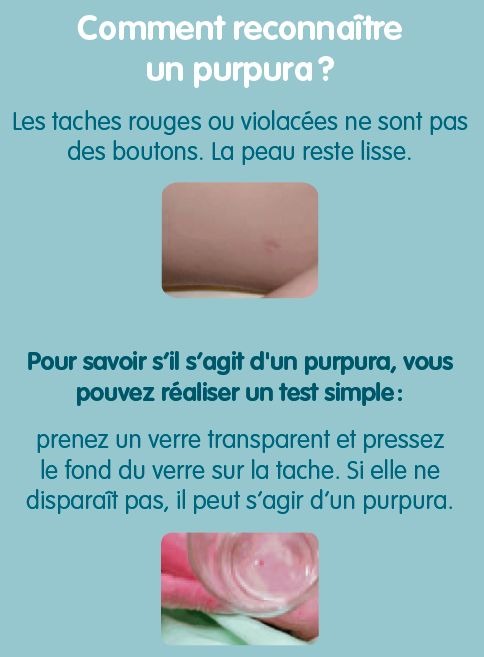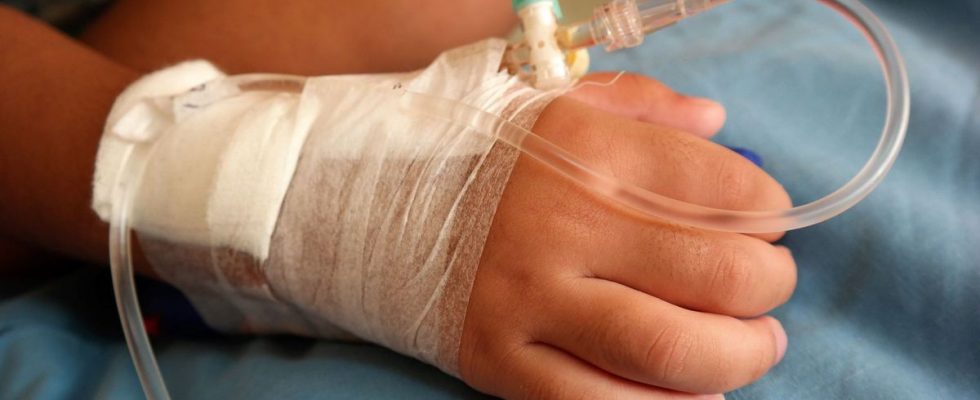Published on
Updated
Reading 2 min.
in collaboration with
Dr Gérald Kierzek (Medical Director of Doctissimo)
Initially admitted to Ajaccio hospital, a young child was finally sent to Marseille by medical transport, due to a serious infection, meningococcal purpura fulminans. What is this ? Explanations from Dr Gérald Kierzek, emergency doctor and medical director of Doctissimo.
This Friday, April 19, a young child was admitted to the Ajaccio hospital center, before finally being transported by medical plane to Marseille, given his condition considered worrying, according to the Regional Health Agency (ARS). Indeed, the child is affected by meningococcal purpura fulminans.
After investigations, sixty contact cases, including 31 children, were identified, particularly in the nursery that the little patient attended. The ARS ensures that all contact cases (around sixty) will benefit from antibiotic treatment, as prophylaxis, to prevent the occurrence of any new infections.
What is a meningococcal infection?
When caused by meningococcus, a dangerous bacteria, meningitis is a serious, potentially fatal infection. The most common symptoms are fever, severe headache, sensitivity to light called photophobia, neck stiffness and fatigue.

When small red or purple spots appear on the body, subcutaneously, and spread quickly, this is what we call purpura. “Purpura is a sign of seriousness and urgency of the meningococcal meningitis“ recalls Dr. Gérald Kierzek, emergency physician and medical director of Doctissimo. “You can have meningitis without purpura, but when the patient suffers from head pain, with fever and spots on the skin, it is a life-threatening emergency that requires antibiotics immediately.“.
Vaccination, the best prevention against meningitis
Since April 2022, vaccination of all infants against meningococcus B has been recommended in the vaccination schedule. And since 2018, it has even been mandatory against meningococcal C. In fact, invasive meningococcal infections are a significant cause of mortality and vaccination remains the best way to protect against them.
Faced with the increase in the number of cases in 2023, the High Authority for Health has also reviewed its recommendations and now recommends making vaccination of children under one year of age compulsory against meningococci A, B, W and Y, in addition to that against the C strain.
